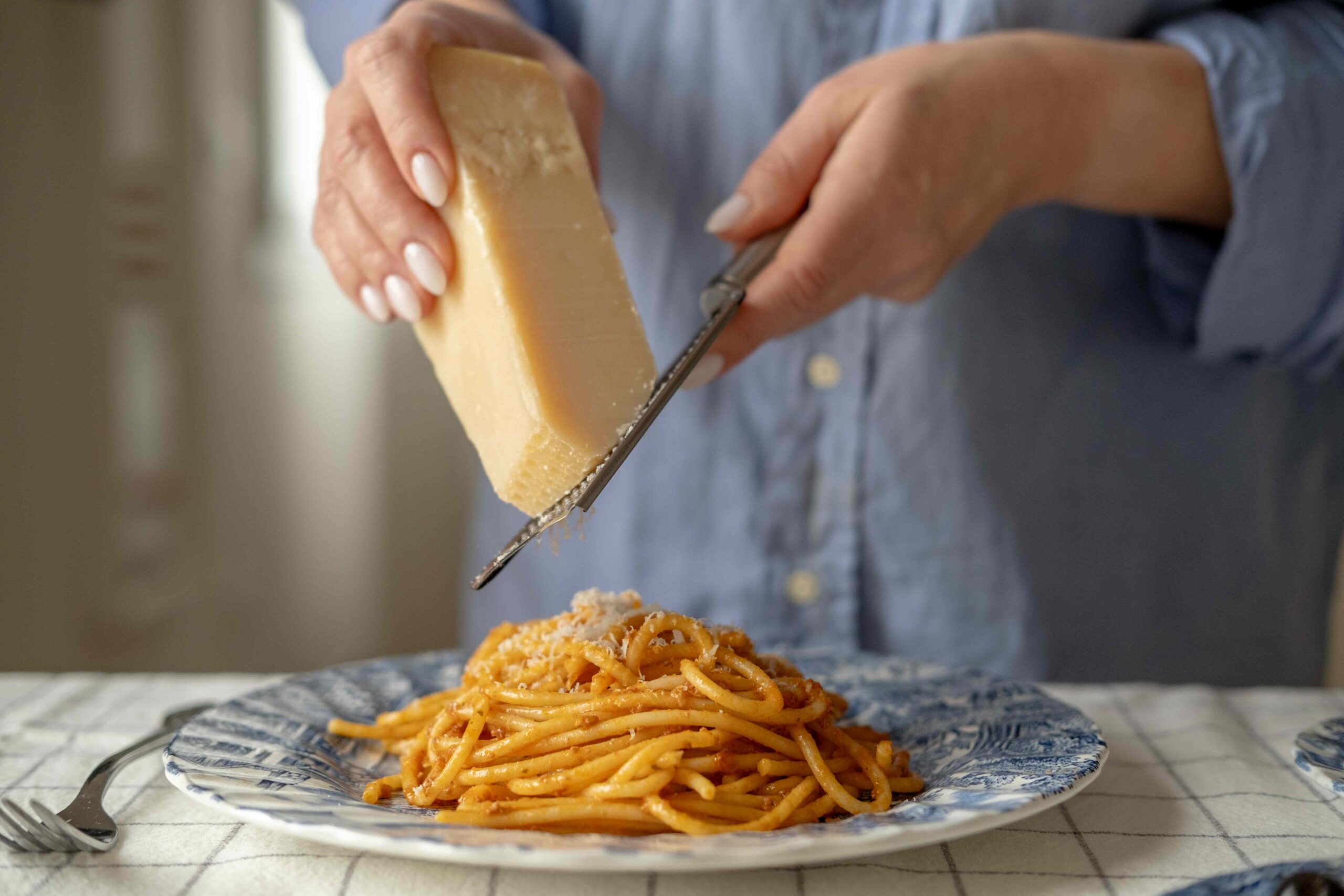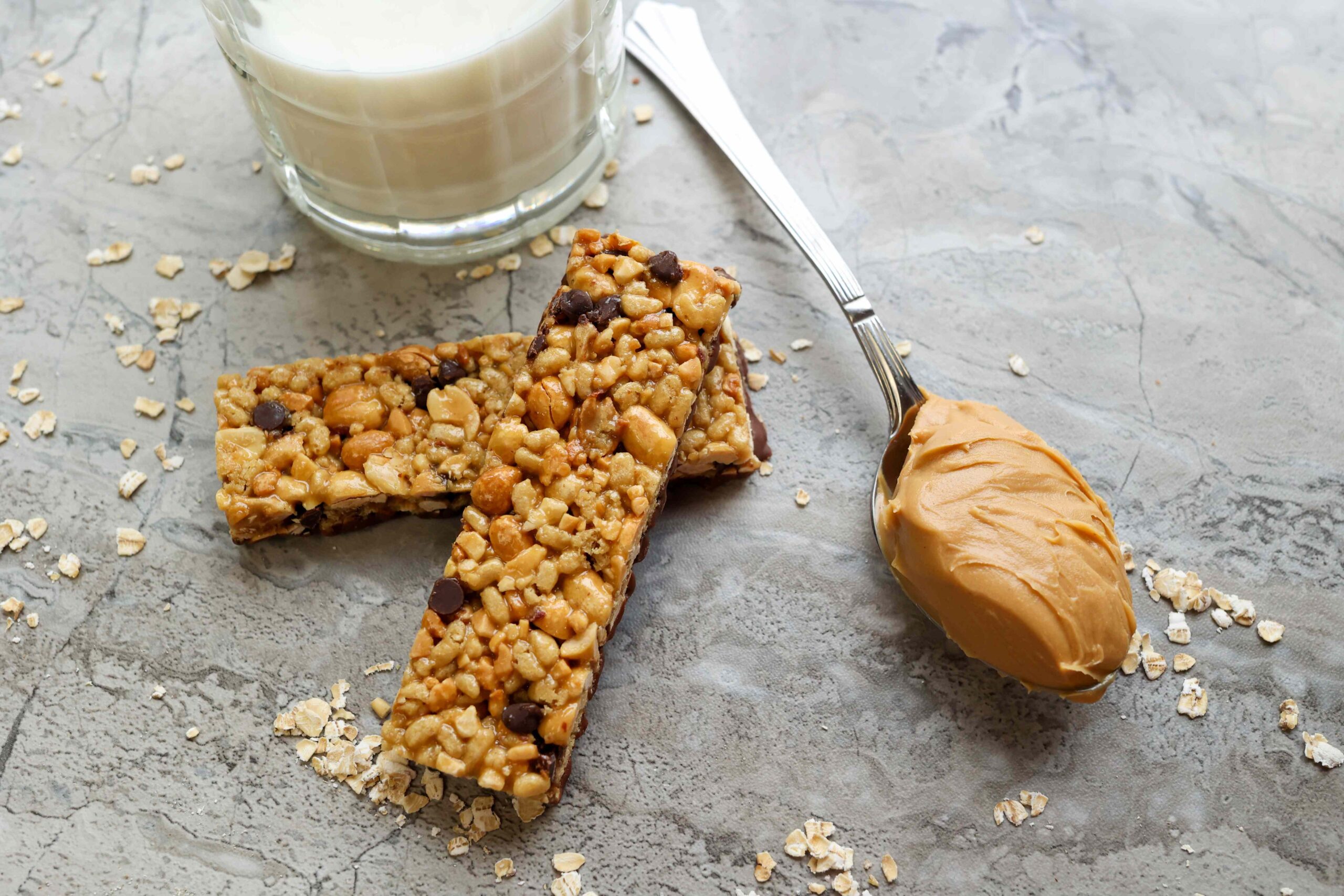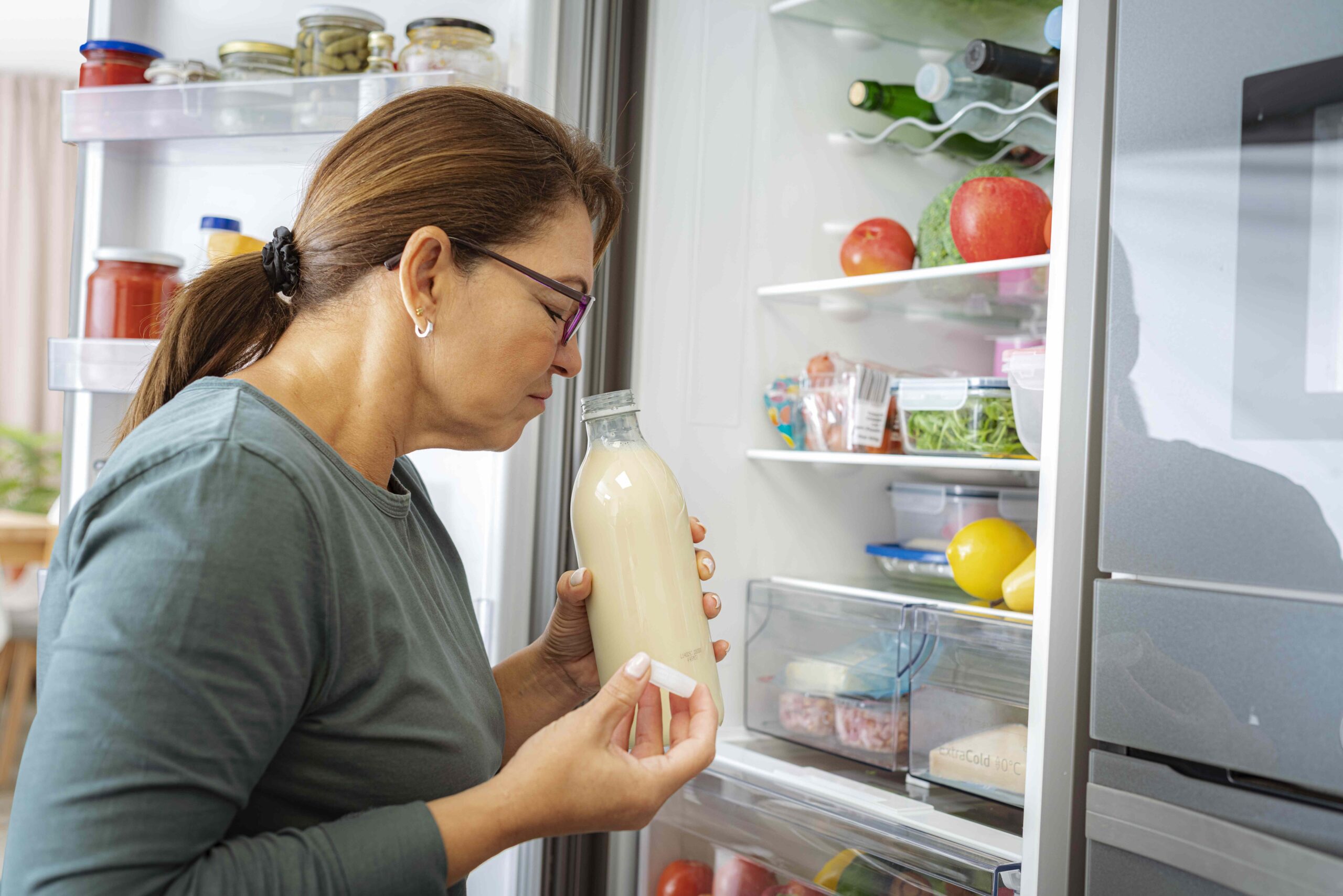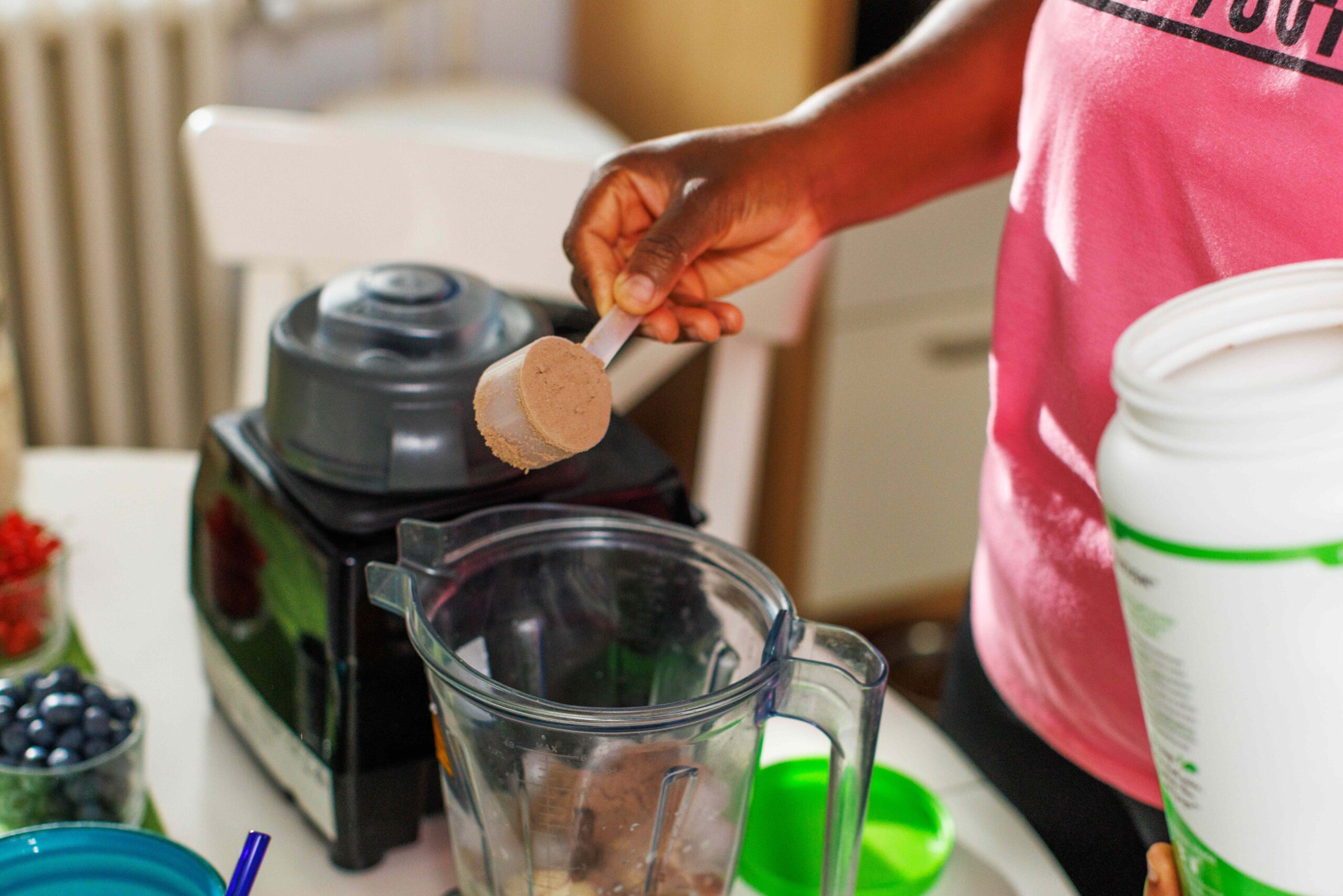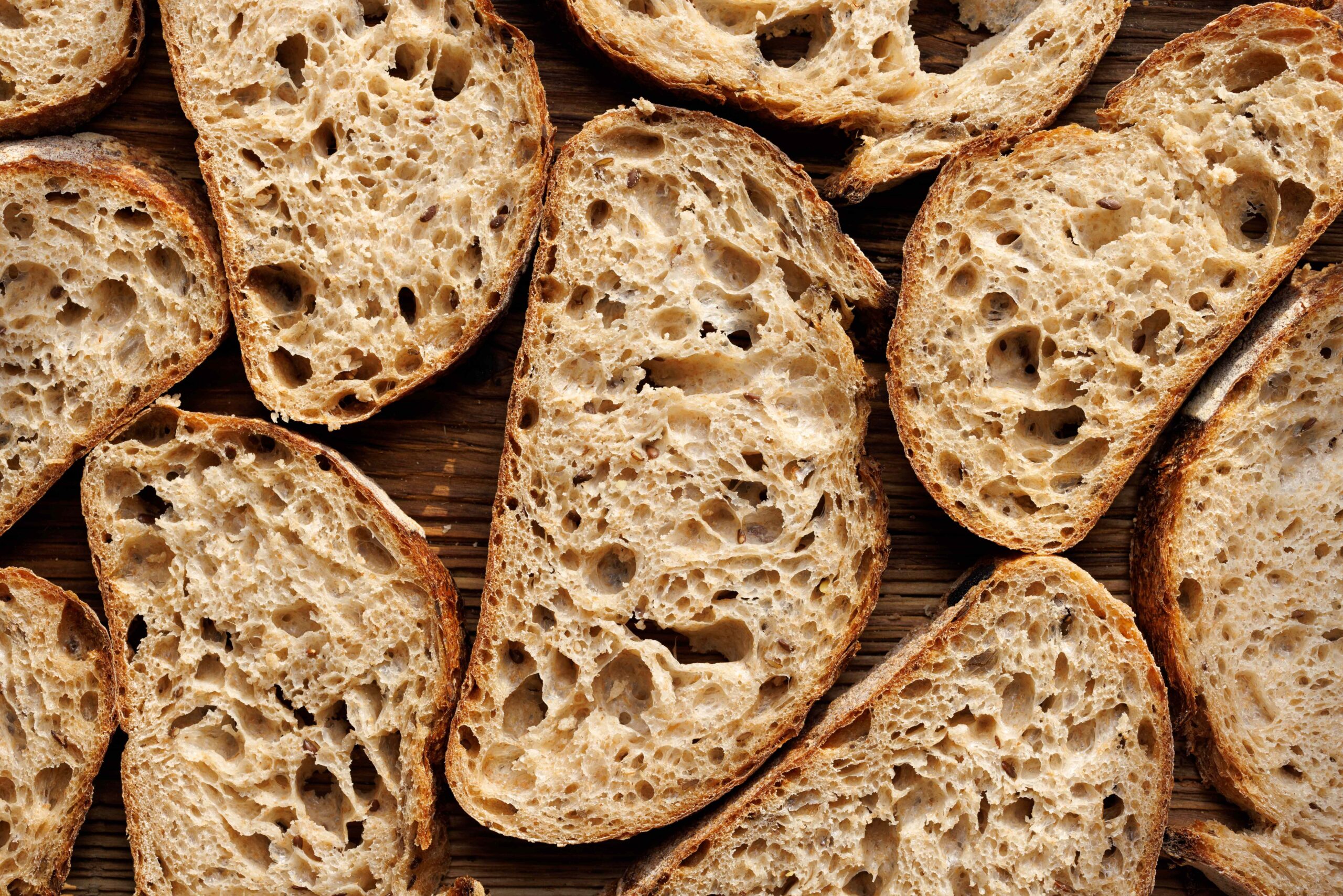:max_bytes(150000):strip_icc():format(jpeg)/Health-GettyImages-2198723023-9929b9c20ded4fe1b5098ed110471bce.jpg)
Eating cheese could make your stomach turn if you have lactose intolerance. And new research suggests it could cause another unpleasant reaction, too—nightmares.
A new study published on July 1 in Frontiers in Psychology found links between a person’s diet and their sleep quality and dreams.
“The severity of food sensitivities—especially lactose intolerance and a combined measure of food allergies—are both associated with the severity of nightmares,” said study author Tore Nielsen, PhD, professor of psychiatry and director of the Dreams and Nightmares Laboratory at the Université de Montréal.
Nightmares and negative emotions during dreams were also more common among study participants who reported unhealthier eating patterns, Nielsen told Health.
There’s plenty of anecdotal evidence that what you eat can affect your dreams, but researchers wanted to investigate whether data would back up this connection.
They surveyed 1,082 college students in Canada about their eating habits, sleep quality, physical and mental health, dream frequency, lucid dreaming and nightmare frequency, and whether they believed their diet could impact their dreaming and sleep.
Results showed that over 40% of participants said that their sleep quality was affected by what or when they ate. Foods such as dairy and sweets were most commonly linked to bad sleep, while herbal teas, fruit, and vegetables led to better sleep, the participants said.
However, a very small percentage—just 5.5%—thought that their diet impacted their dreams. This group was more likely to have food allergies and gluten intolerances, but not more likely to have lactose intolerances.
Interestingly, though, after analyzing the data, the researchers found a strong connection between nightmare severity and food allergies and lactose intolerance. And participants who thought that their diet could worsen their sleep quality were more likely to have lactose intolerance, too.
“It seems from their data that lactose intolerance causes gastrointestinal (GI) symptoms that are related to nightmares,” Marie-Pierre St-Onge, PhD, professor of nutritional medicine at the Columbia University Irving Medical Center, told Health. “If you have GI symptoms during sleep, you are more likely to have sleep disturbances that could impact sleep staging that involves dreaming.”
This may also explain why participants were more likely to report negative dreams or nightmares if they engaged in late-night eating or relied less on hunger cues to guide their eating.
Though the study’s results are interesting, more evidence is needed.
For one, St-Onge pointed out that student participants got a higher class grade if they participated in the survey—a “very biased sample,” she said. Also, since the data was gathered via a survey, people’s existing opinions or biases about diet and sleep, or other factors, could’ve skewed the results.
Though this study drew a link between poor sleep and lactose intolerance, other research has shown that, for the average person, dairy might actually help improve sleep.
St-Onge published two papers—one in 2016 and one in 2023—which found that milk might help people catch more Zs.
Dairy is packed with tryptophan, St-Onge’s study noted. This plays a part in the production of serotonin and melatonin, both of which are essential for helping you doze off and stay asleep. Dairy may also be good for your gut microbiome, making it helpful for sleep, she added.
Studies on lactose-intolerant individuals specifically are sparse. A 1988 study of babies with milk intolerance found they slept better when they avoided milk, while a 2020 report noted that the medical literature “features no reports concerning” the effects of milk and other dairy products on lactose-intolerant adults’ sleep.
Though the specific effect dairy might have on a person’s sleep is still a bit unclear, there’s plenty of evidence in general that “foods can influence sleep quality,” said St-Onge.
Famously, high sugar, caffeine, and alcohol intake can have adverse effects on sleep, she noted.
That’s not the extent of it, though. “We know that following a healthy diet is associated with reduced risk of sleep disorders, and following a less healthy diet increases the risk,” said St-Onge.
More research is needed to confirm whether people are sleeping poorly because they’re eating unhealthy foods, or whether their diet becomes more unhealthy when they’re not sleeping well. Research has shown both to be true.
From a day-to-day standpoint, Nielsen’s new study does indicate that GI symptoms from the food you eat could be another way that diet affects sleep.
In previous research, Nielsen and his team stimulated the body during the rapid eye movement (REM) stage of sleep, when dreams are most vivid, and found that it altered participants’ dreams.
Some evidence implies that bodily disturbances can manifest in negative dreams, such as dreaming of a fire or developing a fever, Nielsen explained.
A greater focus on the connection between stomach problems and dreams “might suggest ways to help with nightmare problems,” he added.
The verdict is still out on what you should and shouldn’t eat to thwart nightmares.
If these kinds of stressful dreams are something you struggle with, though, it may be useful to determine whether you might have lactose intolerance or another food allergy, Nielsen suggested.
However, it’s not as simple as telling people to cut out all dairy if they have lactose intolerance, as people consume it for a number of reasons, he said.
At the very least, though, if you know that cheese, milk, or any other food is going to upset your stomach, it may be best to avoid eating it before bed, Nielsen added.
There are things you can add to your diet, too, if you’re looking for better sleep overall. Research has found:
- Eggs, fish, nuts, mushrooms, and tart cherry juice contain melatonin, which may assist with Zs.
- Turkey, chicken, egg whites, and seeds (as well as dairy), contain tryptophan.
- Bananas, leafy greens, avocados, legumes, and other foods high in magnesium can promote sleep.
Simply, according to new research published last month from St-Onge, a good diet for sleep includes one high in fruits, vegetables, and fiber, and low in red and processed meats.
